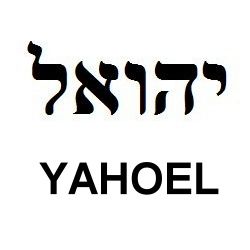Nijay Gupta kindly responded to my post. This is turning out to be a delightful conversation, one that seems to be drawing increasing numbers of other blogs into it!
It seems that Nijay and I may not disagree substantively. I have no qualms about the way he puts it when he writes that, for the early Christians, “Jesus is not just the Davidic kind of “lord” (kyrios), but he is unique as a royal agent of God, deserving recognition as the Lord (Kyrios).” Agency seems to be the key framework within which to account for the New Testament data.
On the other hand, Nijay also writes: “If Jesus were but a man exalted to a lordly status (even a very high one), I simply cannot see the one God (or devout early Christians) accepting the possibility of this ambiguity.”
When it comes to the potential for confusion when the very divine name itself was shared, which Nijay (or should I say, Dr. Gupta Jr.?) mentioned and illustrated in the post, the appropriate response seems to be that confusion regularly arose in the case of mediators who were believed to bear the divine name – such as Metatron, referred to as “the little Yahweh,” or the angel Yahoel. And so the view of Jesus as God’s supreme agent, upon whom the divine name is bestowed, with all the potential for confusion that created, seems to fit nicely within the framework of Jewish thought within the time period in question.













